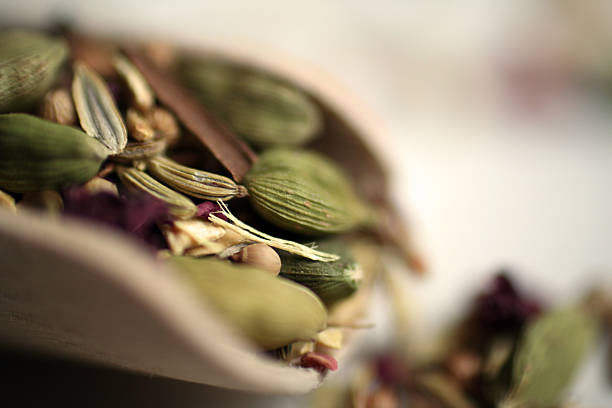Inflammation is a vital part of the body’s immune response. It is the body’s attempt to heal itself after an injury, defend itself against foreign invaders, such as viruses and bacteria, and repair damaged tissue. However, when inflammation persists for long periods, it can lead to chronic diseases like heart disease or stroke. Therefore, it becomes essential to understand how we can naturally reduce inflammation through our diets.
Scientific research has shown that certain foods are particularly effective in reducing inflammation due to their high content of specific nutrients. These nutrients include antioxidants and polyphenols that work by neutralizing harmful free radicals in the body which cause oxidative stress leading to inflammation.
Fruits and vegetables are rich sources of these anti-inflammatory compounds. Berries such as strawberries, blueberries, and cherries are packed with antioxidants known as anthocyanins that have been proven to reduce inflammation. Leafy green vegetables like spinach and kale contain vitamins A, C and K which help fight inflammatory conditions.
Omega-3 fatty acids found in fatty fish like salmon, mackerel, tuna and sardines also play a significant role in reducing inflammation. They decrease the production of molecules linked with inflammation during metabolic processes within cells. Moreover, healthy fats such as olive oil contain oleic acid known for its anti-inflammatory effects.
Spices too have powerful medicinal properties that contribute towards reducing inflammation naturally. For instance turmeric contains curcuminoids including curcumin which has strong anti-inflammatory effects comparable even to some pharmaceutical drugs but without any side effects.
Whole grains are another important part of an anti-inflammatory diet because they’re high in fiber which helps reduce levels of C-reactive protein (CRP), a marker of systemic inflammation within your body.
There’s no doubt about the fact that what you eat greatly influences your health status including levels of chronic inflammations within your body systems hence risk factor for various diseases.
To incorporate these foods into your diet, consider a balanced approach. Include a variety of fruits and vegetables in your meals, opt for whole grains over refined ones, include fatty fish in your menu at least twice a week and spice up your food with anti-inflammatory spices like turmeric.
In conclusion, adopting an anti-inflammatory diet is not only beneficial to individuals suffering from chronic inflammatory diseases but also for those looking to maintain overall health. The science behind the link between diet and inflammation is clear. Consuming foods rich in antioxidants, polyphenols and omega-3 fatty acids can significantly reduce inflammation naturally. It’s time we all started paying more attention to what we eat because ultimately our health depends on it.









